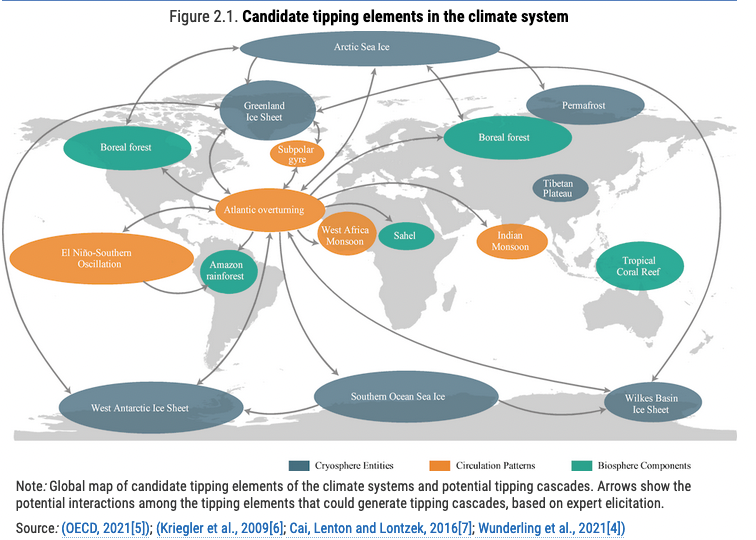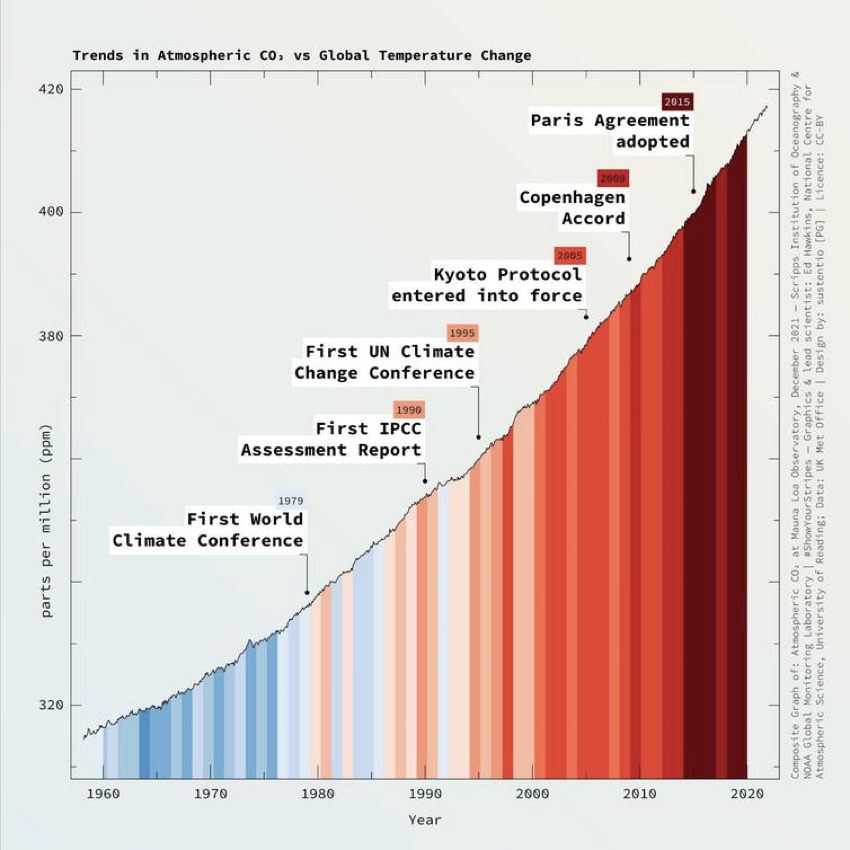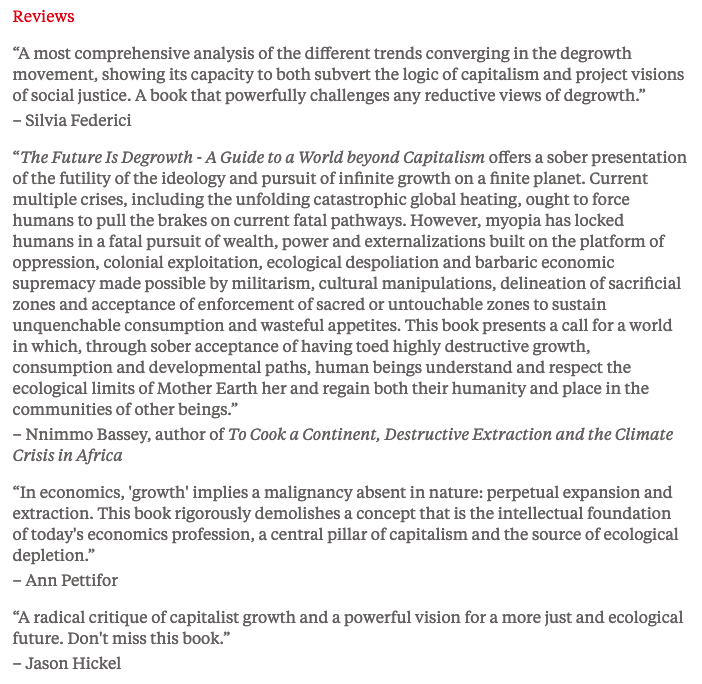
New OECD report on tipping points should frighten everyone.
“Recent state-of-the-art research shows that important tipping points are already ‘possible’ at current levels of warming and may become ‘likely’ within the Paris Agreement range of 1.5 to 2°C warming…”
“Recent state-of-the-art research shows that important tipping points are already ‘possible’ at current levels of warming and may become ‘likely’ within the Paris Agreement range of 1.5 to 2°C warming…”

The @OECD report summarizes latest research that shows these "self-reinforcing, severe & irreversible changes could occur far sooner & at lower levels of warming."
This means there are very few years left. #ClimateEmergency
This means there are very few years left. #ClimateEmergency
https://twitter.com/OECD_ENV/status/1598640430970802178
They also analyse tipping cascades
"The crossing of one climate system tipping point can generate positive feedbacks that increase the likelihood of crossing other climate system tipping points"
"The crossing of one climate system tipping point can generate positive feedbacks that increase the likelihood of crossing other climate system tipping points"

Climate Tipping Points: Insights for Effective Policy Action
Full report here: oecd-ilibrary.org/environment/cl…
Full report here: oecd-ilibrary.org/environment/cl…
This should be major news - the OECD warning of tipping points being likely triggered much earlier, setting off self-reinforcing, severe & irreversible changes of the climate system.
But there is literally no news coverage. #DontLookUp
But there is literally no news coverage. #DontLookUp
• • •
Missing some Tweet in this thread? You can try to
force a refresh













